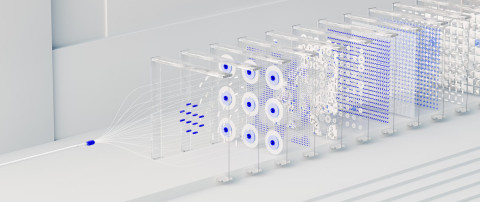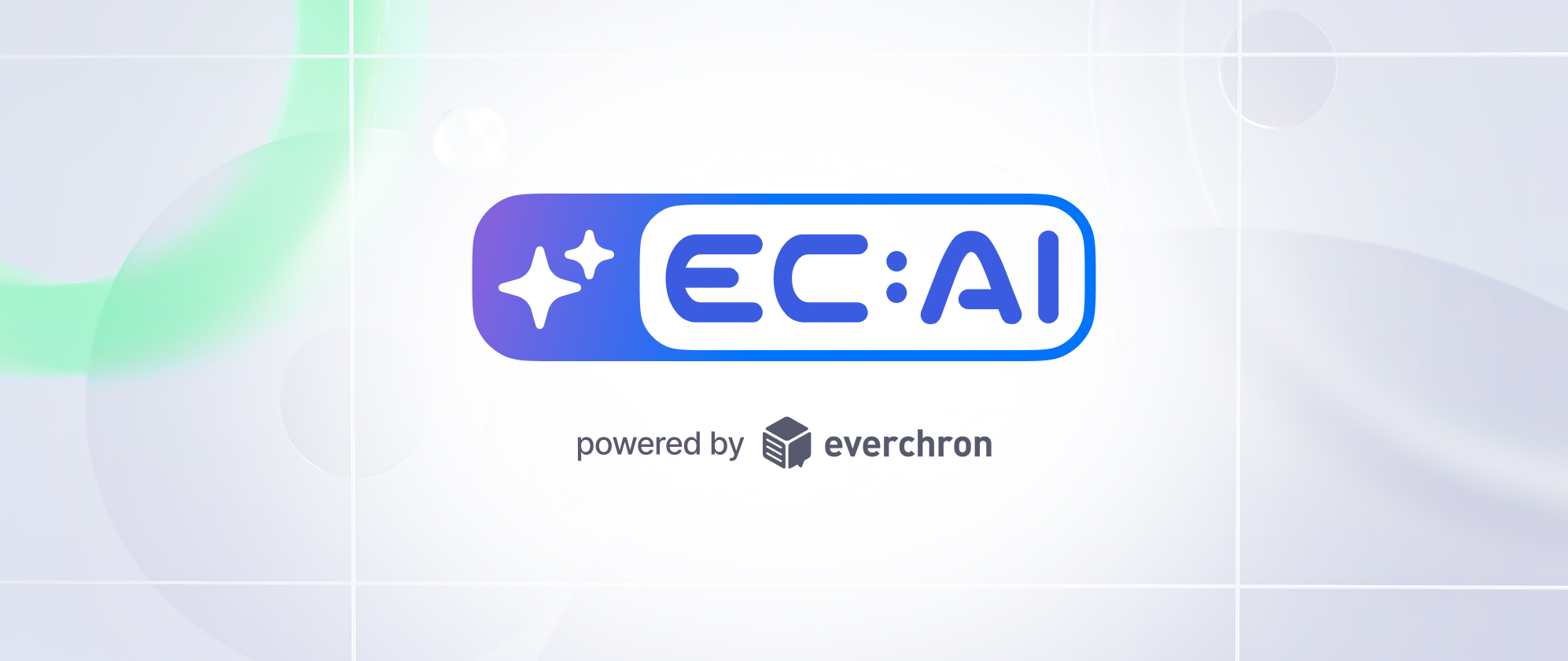
When ChatGPT was released two years ago, attorneys and legal technology experts had one big question: What’s going to change? Now we know the answer: a little bit of everything.
While the ethical and regulatory implications of the technology remain to be seen, its potential to transform the way attorneys get work done is undeniable. Generative AI (GenAI) and large language models (LLMs) have become a useful and productive part of the attorney’s toolkit.
As more legal teams embrace this technology, state bars have begun to provide frameworks to guide its implementation. For example, in November 2023, the State Bar of California's Standing Committee on Professional Responsibility and Conduct issued guidance for attorneys looking to use the technology. Other state bars have done the same, signaling that generative AI is here to stay.
The excitement around GenAI is growing. The majority of professional services workers who responded to a 2024 Reuters survey—over 80%—said that GenAI can be applied to their work, while over half said that it should be. Legal professionals who took a similar survey in 2023 were more likely to express their enthusiasm a year later. Nearly 60% of respondents who work for corporate legal departments said that the firms they work with should be using GenAI.
It's not hard to see why. Although GenAI and LLMs are new technologies, the legal world is no stranger to AI. In fact, nearly all law firms have been using AI for years. AI is built into legal research platforms like Westlaw and Practical Law, which legal professionals use to gain data-driven insights into their cases. Legal teams have long used AI for e-discovery in the form of Technology-Assisted Review (TAR) and Continuous Active Learning (CAL). These technologies are leveraged for use cases like auto-coding documents, concept clustering, and near-duplicate identification.
Building on their intuition for AI, legal professionals are putting GenAI to good use in three key areas.
Saving Time and Money
GenAI can analyze and parse unstructured data far more quickly than a human. That is why it has been such a tremendous boon for the legal profession. Attorneys are using GenAI to gather the data they need to do their job: looking for salient laws and rulings, searching through large databases of evidentiary documents, and reviewing filings and transactional data.
GenAI can then distill this information into whatever format best suits the attorney’s needs.
According to a 2023 study by LexisNexis, attorneys believe they will continue to use GenAI primarily for research, followed by drafting documents, analyzing documents, and writing emails. Overall, GenAI is freeing up attorneys to apply their energy and creativity to more difficult tasks —a tremendous benefit to their clients.
Making Better Decisions
GenAI makes it possible to work faster—and smarter. Law firms use GenAI platforms to perform predictive analytics, drawing on vast sums of data to make better decisions while working on a matter. By looking at historical data, GenAI can help lawyers evaluate what steps to take to set their clients up for success.
Crucially, GenAI requires little to no knowledge of data science to operate. That means legal teams do not need a background in STEM to use this technology to make data-driven decisions.
Delivering Quality Service at Scale
As GenAI takes on more routine, rudimentary tasks, law firms can deliver people-centric service at scale. By relegating repetitive work to an LLM, firms can take on more clients and grow the business.
Individual attorneys benefit from scalability too. With more time on their hands, attorneys can foster close professional relationships with their clients—something that no LLM can replicate. They can also work to hone their craft by investing in education, training, and upskilling.
The Future is Here
While a lot of ink has been spilled over the ethical hurdles that must be cleared on the path to widespread GenAI adoption, GenAI is already doing a lot of good.
In November 2022, the California Innocence Project (CIP) began beta testing an LLM that can comb through case files, summarize documents, and draft emails much faster than a human. The CIP is aiming to use AI to exonerate individuals who have been incarcerated for crimes they did not commit.
These kinds of breakthroughs could help create a more equitable legal system that puts humans first, with a little help from machines.

